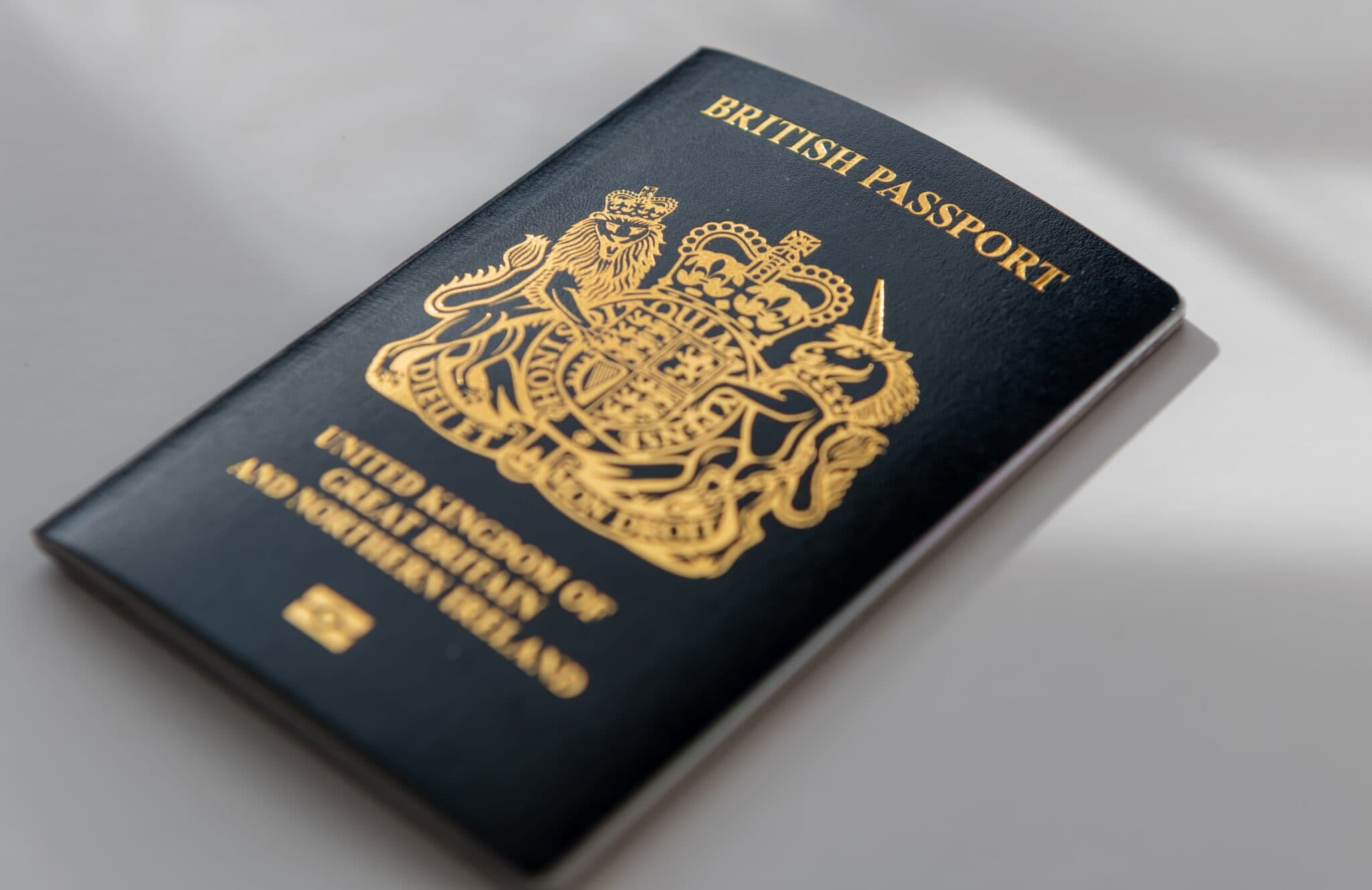UK Fortifies Citizenship Deprivation Powers Amidst Rising Concerns Over Extremist Ideology

London, UK – The United Kingdom has enacted new legislation in October 2025 aimed at strengthening its ability to prevent individuals deemed national security threats from automatically regaining British citizenship. This move comes as public commentary, such as a recent tweet from Ian Miles Cheong, highlights anxieties about naturalized citizens allegedly promoting extremist ideologies and exploiting democratic processes. The new law seeks to close a legal loophole identified by a Supreme Court judgment earlier this year.
The "Deprivation of Citizenship Orders (Effect during Appeal) Act 2025" received Royal Assent, ensuring that British citizenship is not automatically reinstated after a successful appeal until all further appeals are exhausted. This measure is designed to prevent individuals considered a threat to the UK's security from being released from immigration detention or allowed back into the country during ongoing legal proceedings. Security Minister Dan Jarvis emphasized the government's commitment, stating, "We have strengthened our ability to keep the most dangerous people out of Britain – those who threaten our safety, our way of life, and the values we stand for. This law makes us all safer."
The Home Secretary typically makes deprivation decisions on "conducive to the public good" grounds in the most serious cases, averaging 12 such deprivations annually between 2018 and 2023. These powers are exercised when an individual's conduct is deemed seriously prejudicial to the vital interests of the United Kingdom. Historically, the legal framework for citizenship removal has evolved to address national security concerns, particularly regarding individuals involved in terrorism.
Commentators like Ian Miles Cheong have voiced concerns about the perceived vulnerability of democratic systems to manipulation by those promoting radical views. Cheong recently tweeted, "> The terrorist is now a British citizen and preaches to young westerners the message of jihad and how to take over these countries by manipulating and undermining the tools of democracy. Ironically, this would make Britain an exporter of jihadist ideology and terrorism." Such statements underscore the ongoing debate about how the UK manages individuals who acquire citizenship and subsequently engage in activities deemed harmful to national security.
The broader context of citizenship revocation laws, as discussed by experts, involves a complex balance between national security and individual rights. While such laws aim to prevent the re-entry of potential terrorists and deter others, their effectiveness and potential for unintended consequences, such as alienating marginalized communities or creating statelessness, remain subjects of ongoing discussion. The UK's latest legislative update reflects a continued effort to adapt its legal tools to counter evolving threats while navigating these intricate challenges.